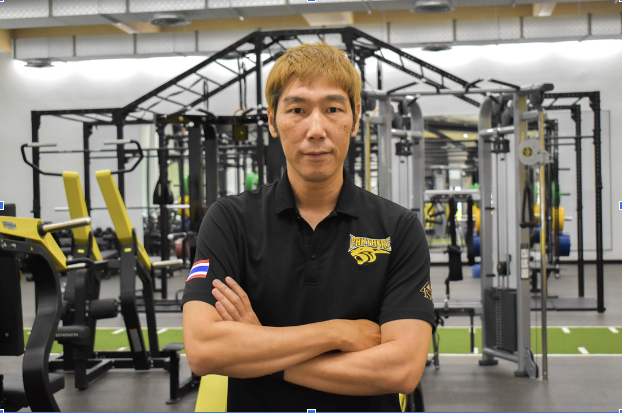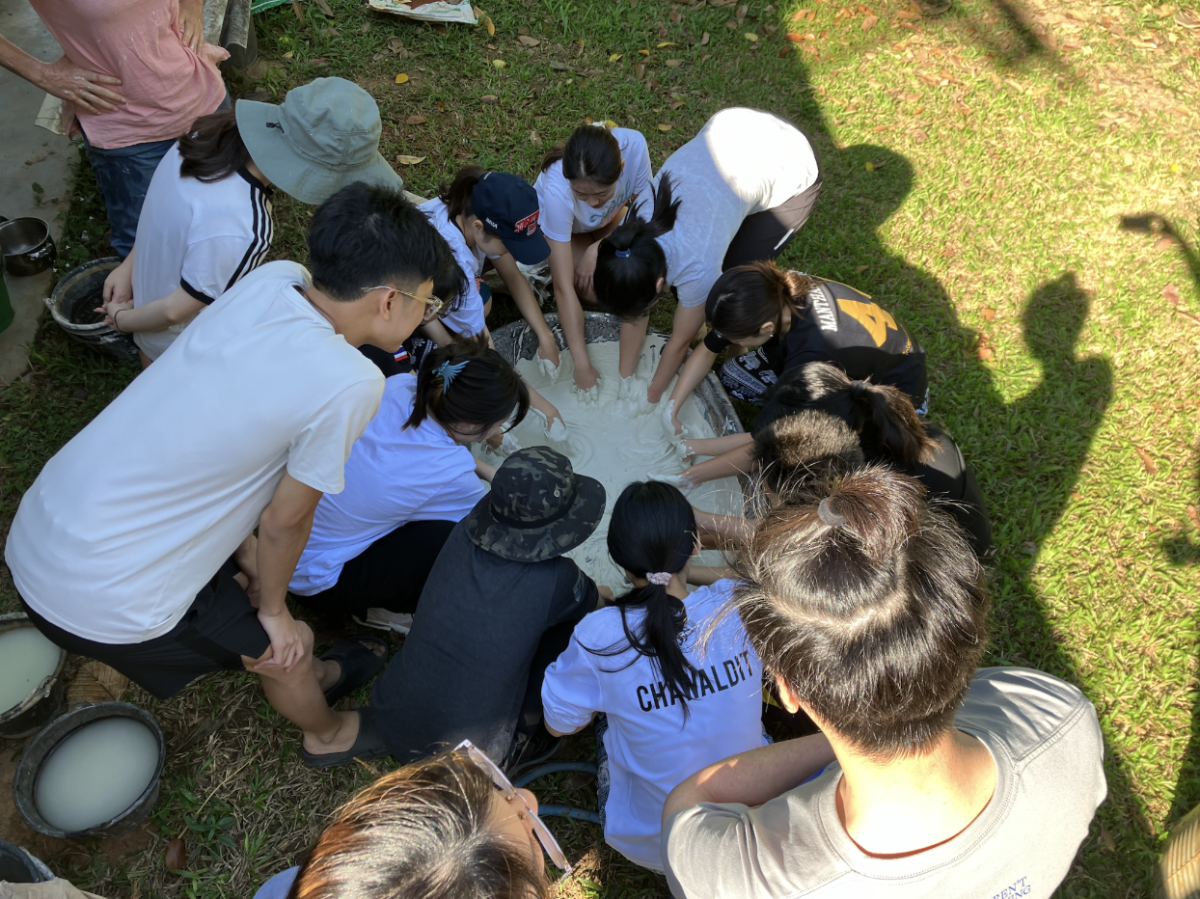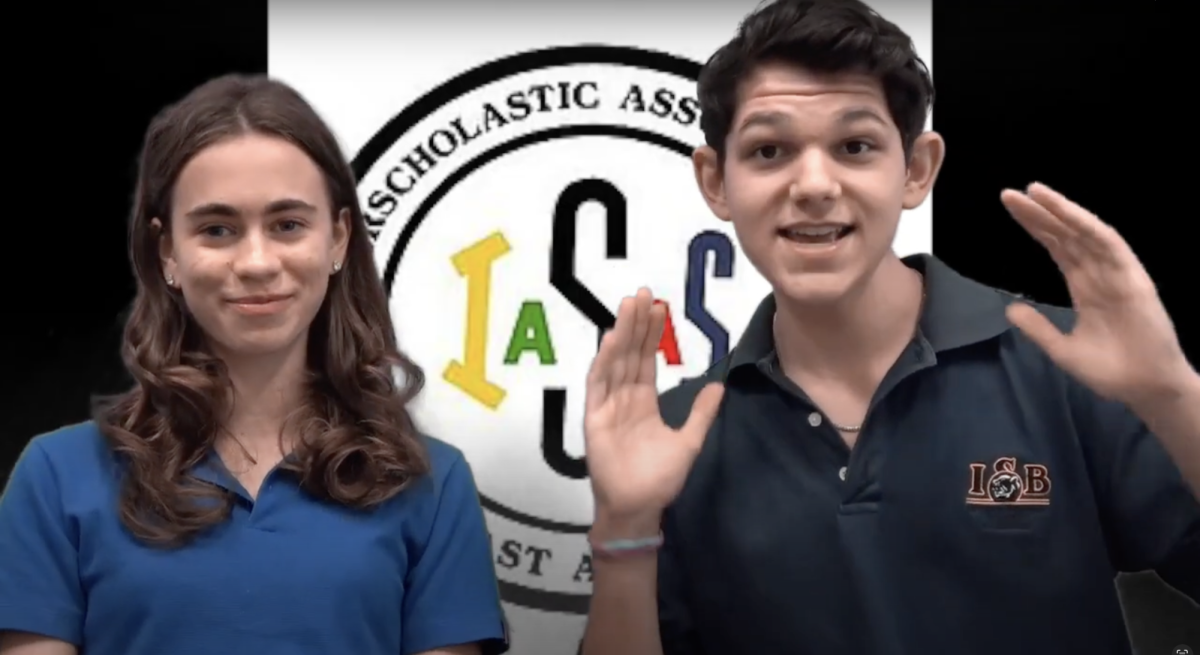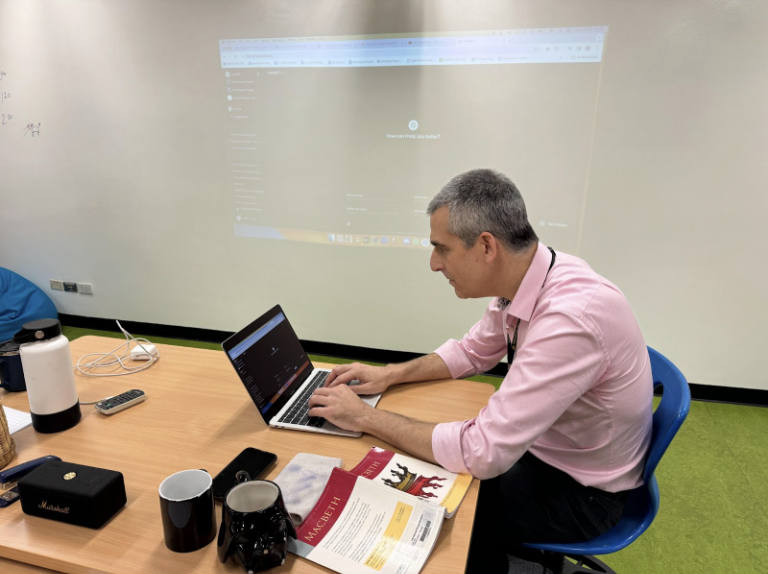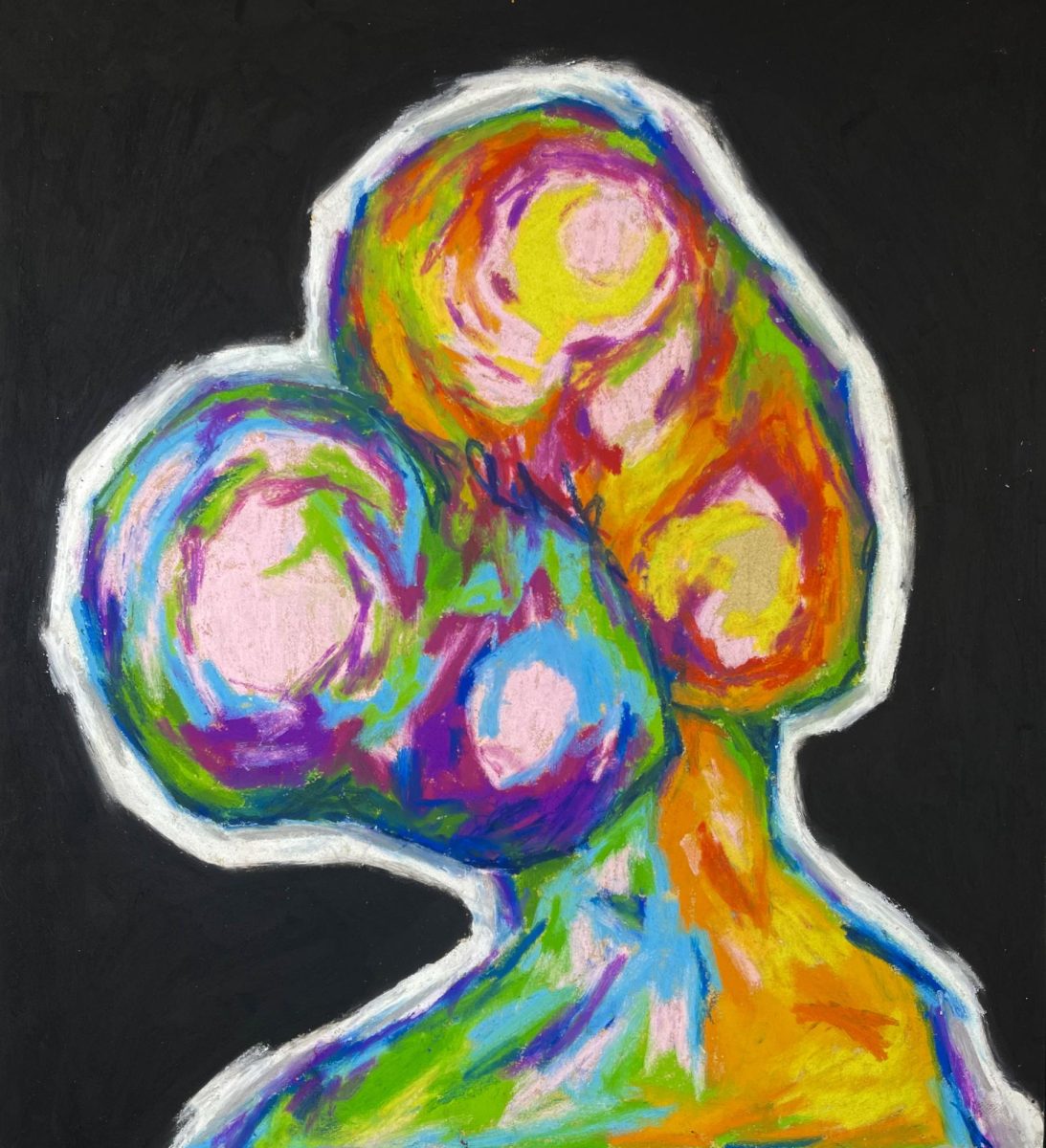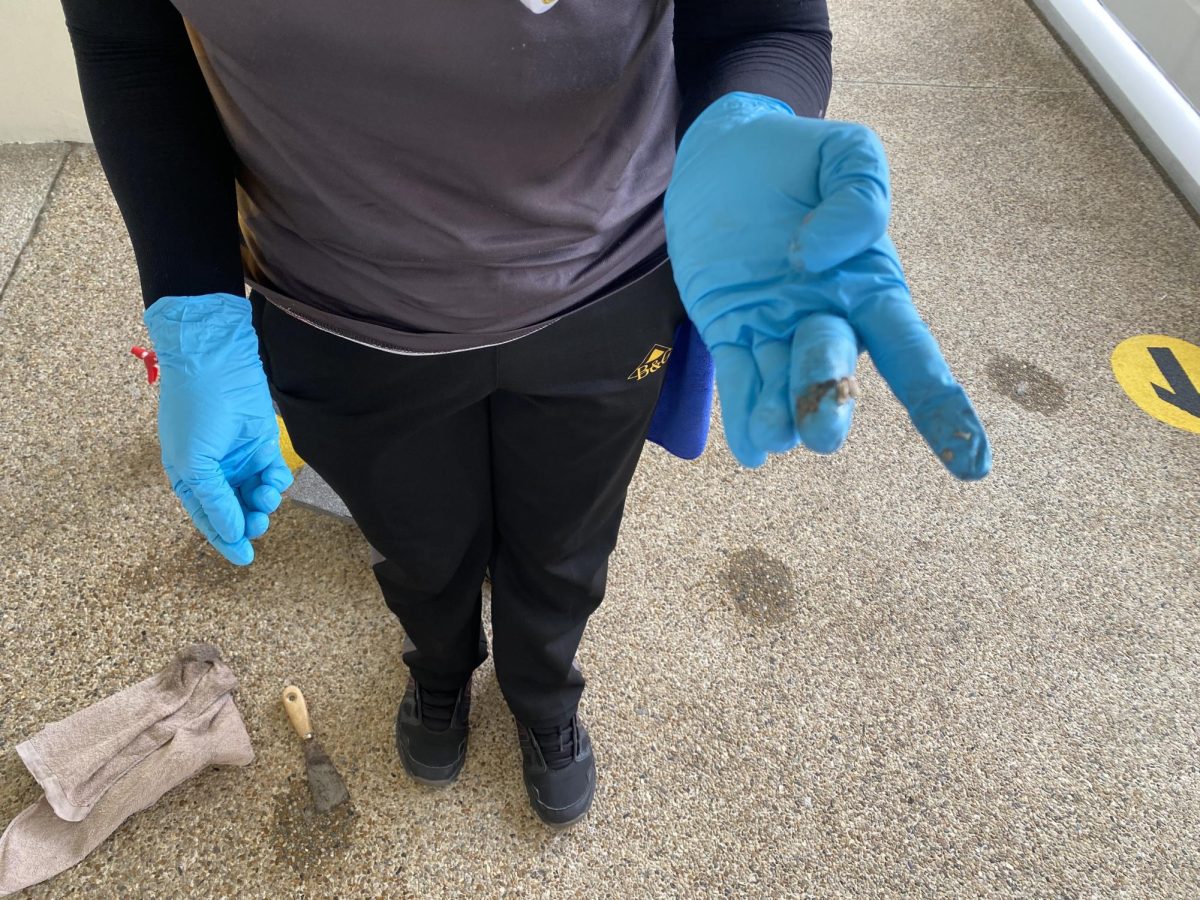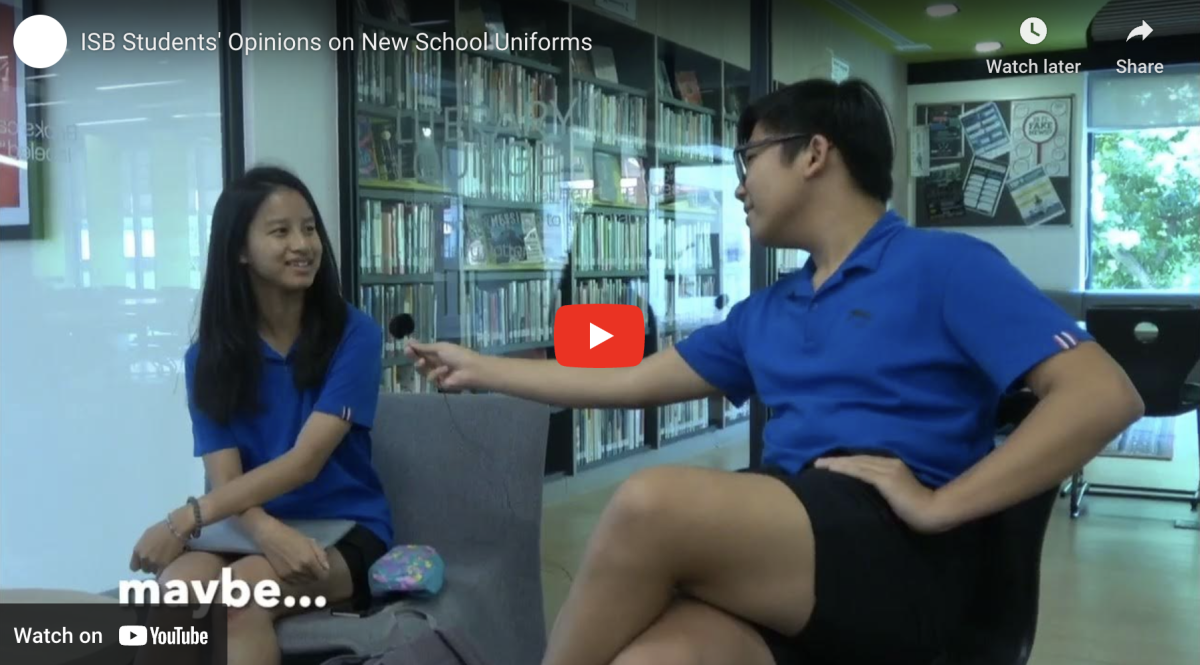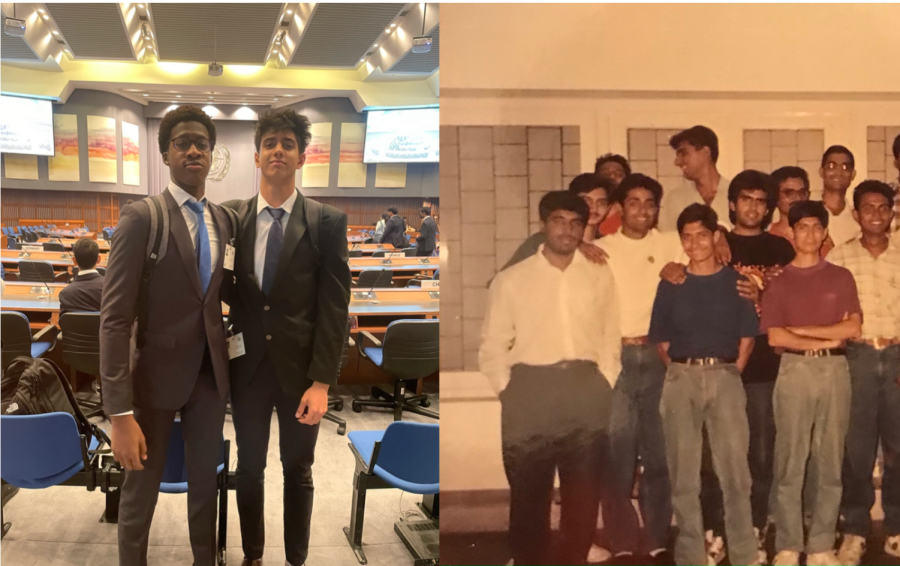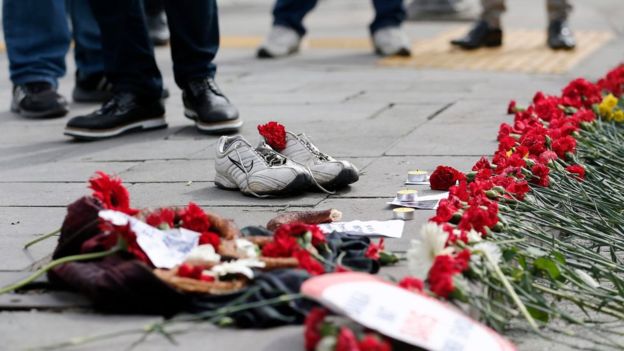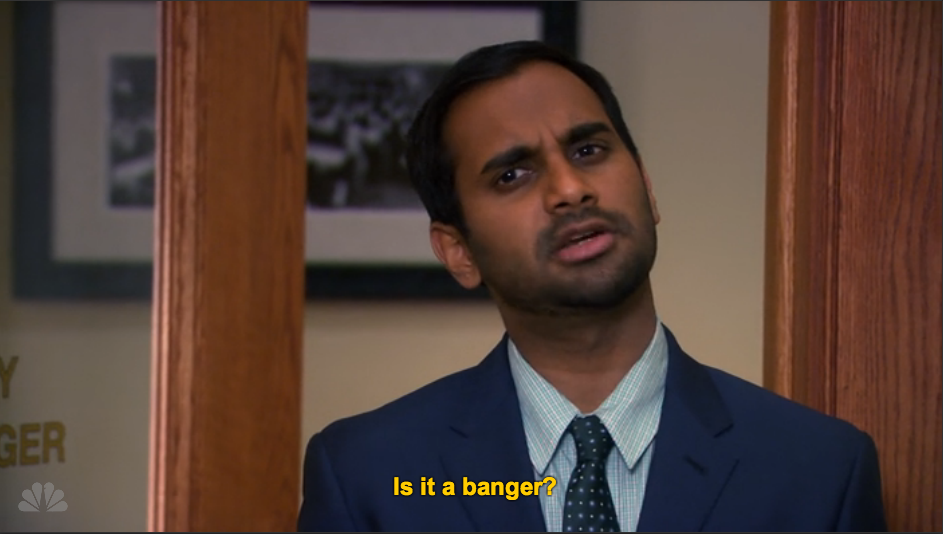When at school, the admin has total control. Break dress code? The admin can get involved. Get caught plagiarizing? The admin can get involved. Skip your classes? The admin can get involved. PDA too hard with your sweetheart during free? The admin can definitely get involved.
But do something outside of school grounds? That line of involvement becomes blurred. For most of us, it is not clear exactly to what extent the faculty and staff is permitted to intervene with student’s life outside of the school campus. Recent events have once again shone a light on the discrepancies between opinions regarding this topic.
When asked about their stance on school administration becoming involved in matters outside school campus, the responses from students ranged from quick “zero percents” and “not at all” to more complex answers. One member of the Senior Class commented that if the incident deals with “[the] personal danger of the student, such as in domestic, emotional, [or] verbal abuse”, intervention is permittable. On the other hand, they stated that “it is not the school’s responsibility to find a problem where there is not one. The faculty doesn’t have responsibility to intervene,” the students adds, “but as a community, we have the responsibility to look out for one another.”
For High School Principal Mr. Philip Bradley and Dean of Students Mr. Andy Vaughan, however, said that the question posed is not “to what extent are students and faculty allowed to interrupt student’s lives outside of ISB”, but “is ISB faculty permitted to ignore a situation that might pose a risk to students?”
“The administration has to choose to act proactively or reactively,” says Mr. Bradley. He asked for ISB students to consider the following: if an ISB faculty ignores a situation where they know someone’s wellbeing is at risk, what would happen to that member of faculty if a student gets seriously injured? How would the parents respond?
Mr. Bradley continued, disclosing that in the past, instances have occurred where faculty were directly invited by parents and students to help a student because they have been caught stealing or been found unconscious, and that they have even been needed to “get students out of police custody, [or] protect [students] from sexual abuse”. According to Mr. Bradley, they get involved for one simple reason: they like working with young people. “We get that young people take risks and make mistakes”, he says, “I am a father as well as a principal. We, as faculty, know people do daft things and [we] want to be there to keep things as safe as possible.” He states that “[the faculty] can not shut a party down, but they can advise students against doing something that might be against the law [and] that what they are doing has [various risks]”.
Actually, regarding certain recent events, it was Mr. Bradley stated that “Mr.Vaughan had conversations with people and advised them that what they were doing would potentially get them into trouble”. He then went on to explain that “We are a school that would not like to watch people all the time – we have to trust people. [Or else] it would be a prison, not a school. […] It is not that we encourage people to drink, but if you drink, and you are breaking a school rule in our campus, we would have a conversation about that. [And] the most important part of that conversation would be: was it honest?”.
We believed, however, that the student handbook’s advocacy for having students of ISB portray a “positive image” provides a means to use ambiguity within the set of regulations given, and allows for a window in which faculty could become too involved, be there a life-threatening risk or not. When questioning the vagueness of that portion of student handbook, Mr. Bradley commented that “clearly, [it] is really subjective”. Nonetheless, the message that he wanted to deliver was that a positive image would mean respecting the codes of behavior that the Thai Culture upholds. Mr. Bradley introduced to us the idea that we only are guests in this country, and that the last thing we want is for people to say that ISB “does not care about [Thailand’s] laws, or value [Thailand’s] culture.”
Mr. Vaughan is not bothered if he is labelled as a “party killer”, but hopes that people can see the altruistic intentions behind his actions. It would imply that he is active in protecting and safeguarding the students in our school. He believes that a “key thing [is] when a student comes to [him] to voice their concern about others’ wellbeing and safety”, that he is “also going to act in a way where [he makes] sure students are protected… It is always important to have these conversations where [they] can go and ask ‘is this the right thing?” Mr. Bradley, in agreeance, commented “An important thing for me is [that] I have to be able to sleep knowing I have done the right thing. If I went to bed and I knew something was happening and I told nobody, I would lose sleep over that. Again, I do not stress over things I do not know about!”.
This is definitely something to take into account. Mr. Vaughan and Mr. Bradley definitely put it into perspective – because, truthfully, what school would you like to attend– a school where the use of substances, weapons, and felonious behavior is common, or one where your safety is prioritized?
Paola L and Hanna W




